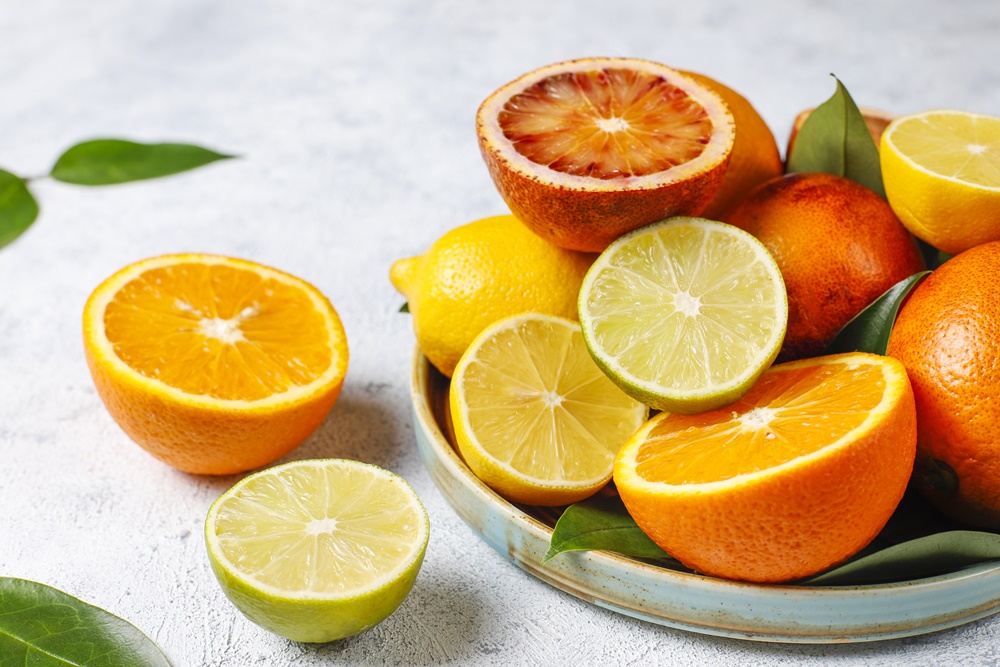Natural vitamin C provides several health benefits. Therefore, inserting it into the composition of foods and beverages marketed by manufacturers is a great option to add even more healthiness and added value to products.
In contrast, the use of synthetic vitamin C – widely used by brands in the market – does not bring the same benefits to the health of the consumer. The processing of the ingredient ends up destroying some fundamental characteristics of the vitamin, reducing its effectiveness.
If you own a food and beverage company and use vitamin C, believe us: natural and artificial vitamin C do not have the same properties. And that’s what we are going to talk about in the following article. Enjoy the read!
Natural and Synthetic Vitamin C: Are They Really Different?
The answer is yes. You will probably never find an artificial supplement that is as effective as the natural one. The big difference is in the way they are produced: while the natural version is manufactured with the use of whole foods, the synthetic one is artificially created.
A few years ago, the difference between natural and artificial foods, especially when they were inserted into the composition of other foods, was ignored. Nowadays, with consumers increasingly attentive to what they put in the cart and take home, this difference can make your product be ignored at the expense of another natural version.
READ MORE: Vitamin C Is a Powerful Antioxidant for Food Preservation
Understanding the Main Differences Between Natural and Artificial Vitamin C
Vitamin C is super important for the composition of the human body. It boosts immunity, is an antioxidant, and helps the skin stay healthy. However, humans cannot produce vitamin C on their own, so they need to eat food that contains it.
It can be found in different foods, but mainly in citrus fruits like acerola, orange, and lemon. Another source used by many people is synthetic vitamin C or foods that contain it. What few know is that the artificial version is far from natural.
While natural vitamin C has high sources of L-ascorbic acid and L-ascorbic acid, synthetic vitamin C is created in a laboratory from a mixture of cornstarch, enzymes, acetone, and hydrochloric acid at high temperatures.
You can already tell the difference, right? Natural vitamin C brings many benefits to the human body that synthetic vitamin C is far from achieving. Therefore, you, as a manufacturer, must use it naturally as a raw material in your products. In addition to selling more, you will deliver quality to your customers.
Where to Buy 100% Natural Vitamin C?
Dehydrated fruit powders are a great source of 100% natural vitamin C for the food and beverage industries. These inputs are obtained through a highly technological process called Spray Drying, which removes water and preserves the nutritional aspects and characteristics of fruits.
Frootiva® Co operates in the production, development, commercialization, and export of natural ingredients made from plants and fruits present in Brazil.
With the company, you find dehydrated fruit powders rich in natural vitamin C, such as orange and acerola. These can be used, for example, for the production of juices, energy drinks, teas, candies, flavored waters, and many other beverages and foods.
Frootiva® Co’s product lines are also comprised of dry extracts, and dehydrated vegetable powders.
To learn more about all dehydrated fruit powders with natural vitamin C, in addition to other products created and marketed by Frootiva® Co, contact us by phone at 55 11 4765-0732 or fill out the form.


0 Comments